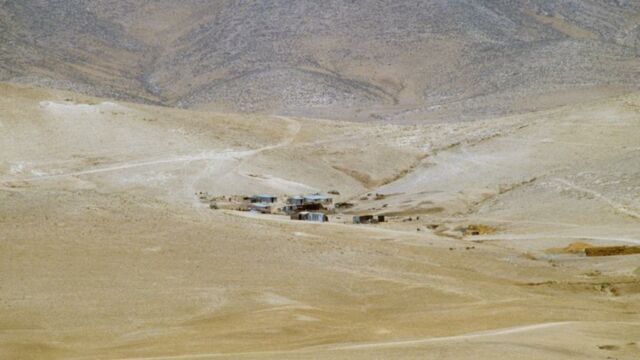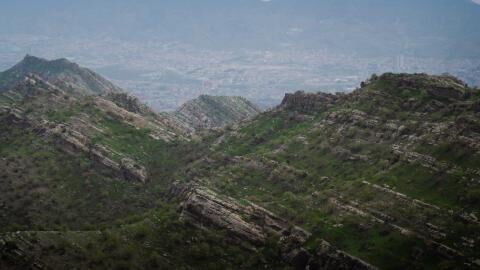Archaeologists have uncovered a rare ancient mosque in the Negev desert in Israel. Experts said the discovery casts light upon early Islamic history in the region, and its transition from Christianity to Islam.
Discover our latest podcast
A mosque over 1,200 years old
The mosque is more than 1,200-years-old, dating back to the first few centuries of Islamic civilisation, according to the Wall Street Journal. It was discovered amid the development of a new neighbourhood in the Bedouin city of Rahat, the Israel Antiquities Authority (IAA) said in a statement.
The mosque consisted of a square room and a wall facing the direction of Mecca, with a half-circle niche in that wall pointing to the south. The IAA said, as reported by The Guardian:
These unique architectural features show that the building was used as a mosque.
VIDEO: A rare ancient mosque has been excavated in the Bedouin town of Rahat, in the southern Negev desert of Israel.
— AFP News Agency (@AFP) June 24, 2022
Officials from the country's Antiquities Authority says the discovery sheds light on the region's transition from Christianity to Islam pic.twitter.com/tOQA9km4i7
The mosque likely welcomed a few dozen worshippers at a time. Not far from the mosque, a 'luxurious estate building' was also unearthed, the wealth of its residents given away by remains of tableware and glass artefacts, according to the IAA.
The introduction of Islam
Three years ago, the IAA uncovered another mosque close by from the same era — the seventh to eighth century AD. It describes the two Islamic places of worship as 'among the earliest known worldwide.'
The discoveries reveal 'the historical process that took place in the northern Negev with the introduction of a new religion – the religion of Islam, and a new rulership and culture in the region.' The IAA added:
These were gradually established, inheriting the earlier Byzantine government and Christian religion that held sway over the land for hundreds of years.
Read more:
⋙ One of Britain’s largest burial sites has been discovered
⋙ Researchers discover 2100-year-old preserved house in Israel
⋙ Ruins of a mysterious 3400-year-old empire discovered (PHOTOS)















